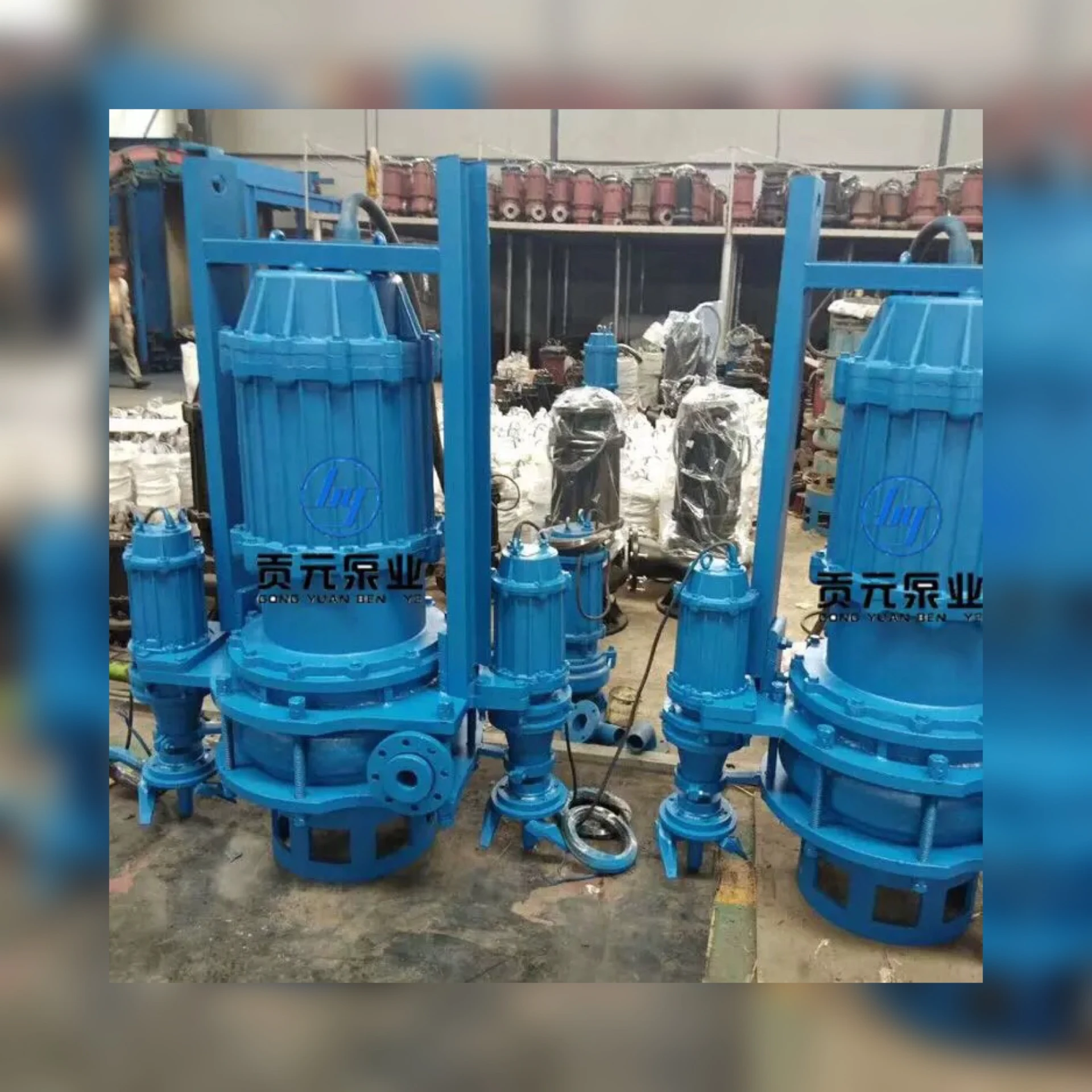Bulgarian
- Afrikaans
- Albanian
- Amharic
- Arabic
- Armenian
- Azerbaijani
- Basque
- Belarusian
- Bengali
- Bosnian
- Bulgarian
- Catalan
- Cebuano
- Corsican
- Croatian
- Czech
- Danish
- Dutch
- English
- Esperanto
- Estonian
- Finnish
- French
- Frisian
- Galician
- Georgian
- German
- Greek
- Gujarati
- Haitian Creole
- hausa
- hawaiian
- Hebrew
- Hindi
- Miao
- Hungarian
- Icelandic
- igbo
- Indonesian
- irish
- Italian
- Japanese
- Javanese
- Kannada
- kazakh
- Khmer
- Rwandese
- Korean
- Kurdish
- Kyrgyz
- Lao
- Latin
- Latvian
- Lithuanian
- Luxembourgish
- Macedonian
- Malgashi
- Malay
- Malayalam
- Maltese
- Maori
- Marathi
- Mongolian
- Myanmar
- Nepali
- Norwegian
- Norwegian
- Occitan
- Pashto
- Persian
- Polish
- Portuguese
- Punjabi
- Romanian
- Russian
- Samoan
- Scottish Gaelic
- Serbian
- Sesotho
- Shona
- Sindhi
- Sinhala
- Slovak
- Slovenian
- Somali
- Spanish
- Sundanese
- Swahili
- Swedish
- Tagalog
- Tajik
- Tamil
- Tatar
- Telugu
- Thai
- Turkish
- Turkmen
- Ukrainian
- Urdu
- Uighur
- Uzbek
- Vietnamese
- Welsh
- Bantu
- Yiddish
- Yoruba
- Zulu
Telephone: +86 13120555503
Email: frank@cypump.com
дек. . 04, 2024 18:50 Back to list
Choosing the Right Sump Pump for Your Septic Tank System Efficiency
Understanding Sump Pumps for Septic Tanks A Comprehensive Overview
When it comes to managing wastewater in residential and commercial properties, septic systems play a crucial role. These systems treat and dispose of sewage, but sometimes they face challenges, particularly with drainage. This is where sump pumps come into play, providing an effective solution for ensuring the proper functioning of septic tanks. In this article, we will explore what sump pumps are, how they work in conjunction with septic systems, and the benefits and considerations of using them.
What is a Sump Pump?
A sump pump is a device installed in the lowest part of a basement or crawl space. Its primary function is to prevent flooding by removing accumulated water. In the context of septic systems, sump pumps are utilized to regulate the water levels and ensure that effluent is safely transported away from the tank and into the drain field or other disposal sites.
How Sump Pumps Work with Septic Tanks
Septic systems consist of several components a septic tank, a drain field, and sometimes, additional treatment units. When wastewater from a home enters the septic tank, solids settle at the bottom, forming sludge, while lighter substances like grease float to the top, forming scum. The wastewater in the middle undergoes initial treatment before being discharged into the drain field for further filtration and treatment by the soil.
However, situations arise where the groundwater level is high, or there is excessive inflow into the septic system, causing the tank to overflow or become too full. This is where sump pumps come in. They are installed to manage groundwater inflow, ensuring that the septic tank does not become inundated. By pumping excess water out of the tank and away from the system, sump pumps help maintain the balance necessary for effective wastewater treatment.
Benefits of Using a Sump Pump with a Septic System
1. Prevention of Backups and Overflows A sump pump helps prevent septic system backups, which can lead to unpleasant odors, unsanitary conditions, and costly repairs. By managing water levels, sump pumps keep the system operating efficiently.
2. Improved Longevity of the Septic System Maintaining optimal water levels in the septic tank can extend its lifespan. Sump pumps reduce the risk of overloading the tank, which can cause structural damage and necessitate early replacement.
sump pump for septic tank

3. Protection Against Flooding In regions prone to heavy rains or flooding, sump pumps can protect the septic system by removing excess water that could compromise its functionality.
4. Cost-Effective Maintenance Although there is an initial investment in a sump pump, the long-term savings from avoiding major repairs and replacements can be significant. Regular maintenance of a sump pump is also relatively straightforward, making it a practical solution for homeowners.
Considerations When Using a Sump Pump
While sump pumps offer numerous benefits, there are some considerations to keep in mind
- Correct Sizing and Installation It’s essential to choose a sump pump that is appropriately sized for your septic system. A pump that is too small may struggle to keep up with the water inflow, while one that is too large can lead to unnecessary energy consumption and wear.
- Regular Maintenance Just like septic tanks, sump pumps require regular maintenance to ensure effective operation. This includes checking for clogs, testing the pump’s functionality, and cleaning the sump pit.
- Power Supply Sump pumps rely on electricity to operate. In cases of power outages, having a backup power source—such as a battery backup system—can prevent failures during critical times.
Conclusion
Incorporating a sump pump into your septic system can provide numerous benefits and enhance the overall performance of wastewater management. When properly installed and maintained, sump pumps can prevent overflows, prolong the life of your septic system, and protect against potential flooding issues. For homeowners facing water management challenges, investing in a quality sump pump is undoubtedly a wise decision. Understanding how these devices work in conjunction with septic tanks can lead to more efficient waste disposal and a cleaner, safer living environment.
-
ISG Series Pipeline Pump - Chi Yuan Pumps | Energy Efficiency&Compact Design
NewsAug.03,2025
-
ISG Series Vertical Pipeline Pump - Chi Yuan Pumps Co., LTD.|High Efficiency, Low Noise, Durable
NewsAug.02,2025
-
ISG Series Vertical Pipeline Pump - Chi Yuan Pumps | High Efficiency, Low Noise
NewsAug.02,2025
-
ISG Series Vertical Pipeline Pump- Chi Yuan Pumps Co., LTD.|High Efficiency&Compact Design
NewsAug.02,2025
-
Heavy-Duty Mining Sludge Pumps - Wear-Resistant Slurry Handling
NewsAug.02,2025
-
Horizontal Split Case Pump with GPT-4 Turbo | High Efficiency
NewsAug.01,2025










